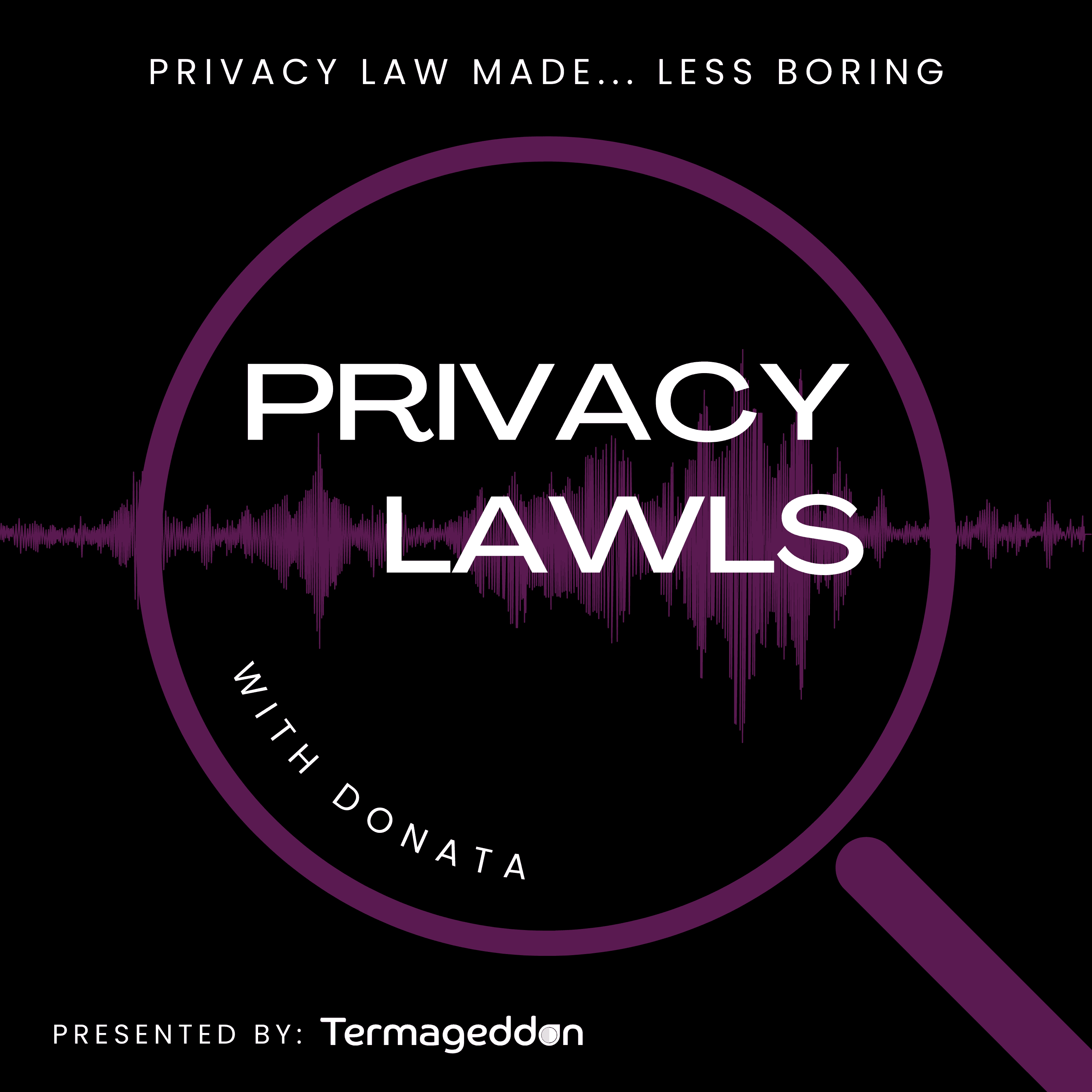Privacy Lawls with Donata
Ep. 8 | Data Processors & Data Controllers, What Are They? (Guest: Odia Kagan)

Search the Site
Popular Articles
Browse by Category
Subscribe for Updates
Privacy Lawls with Donata
